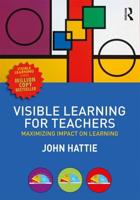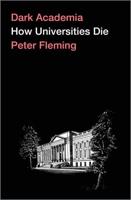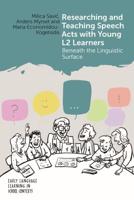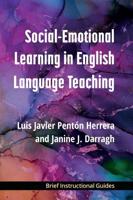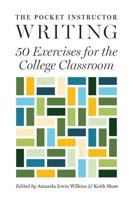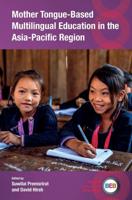Publisher's Synopsis
This book provides much new thinking on the phenomenon of whole-person education, a phenomenon which features strongly in East Asian universities, and which aims to develop students intellectually, spiritually, and ethically, to master critical thinking skills, to explore ethical challenges in the surrounding community, and to acquire a broad based foundation of knowledge in humanities, society, and nature. The book considers different approaches to whole person education, including Confucian, Buddhist, and Chinese perspectives, Western philosophy, and religion and interdisciplinary approaches. Overall, the book provides a comprehensive overview of whole person education, why it matters and how to implement it. Moreover, although the examples in the book are from East Asia, the discussion and the values involved are universal, important for the whole world.


